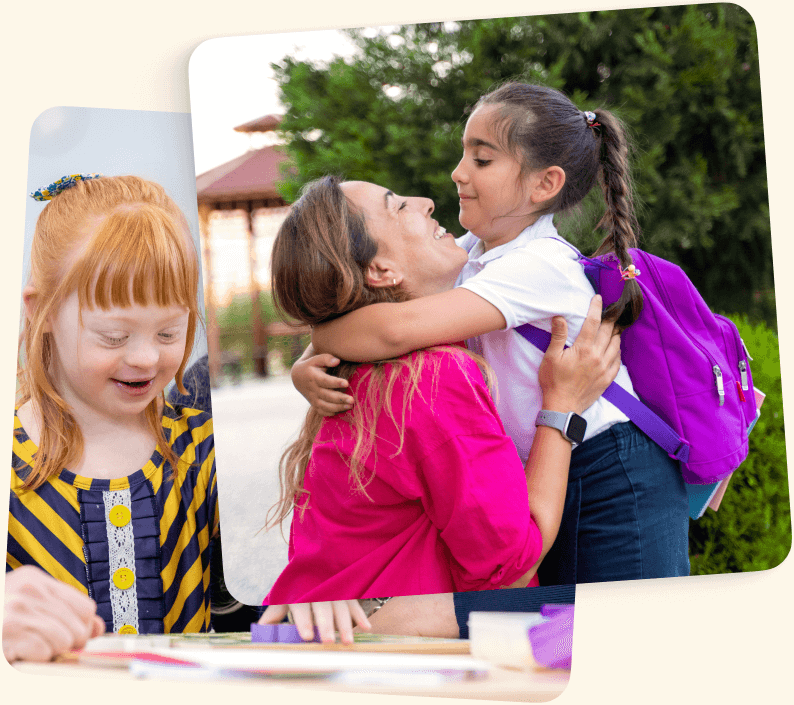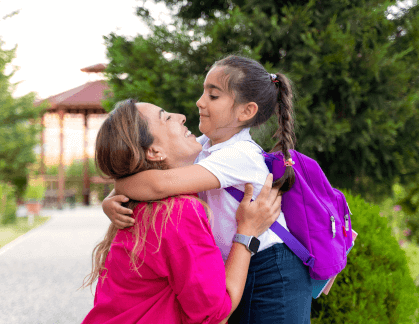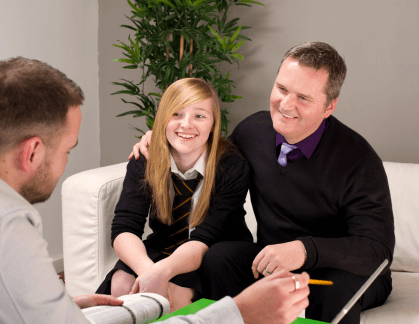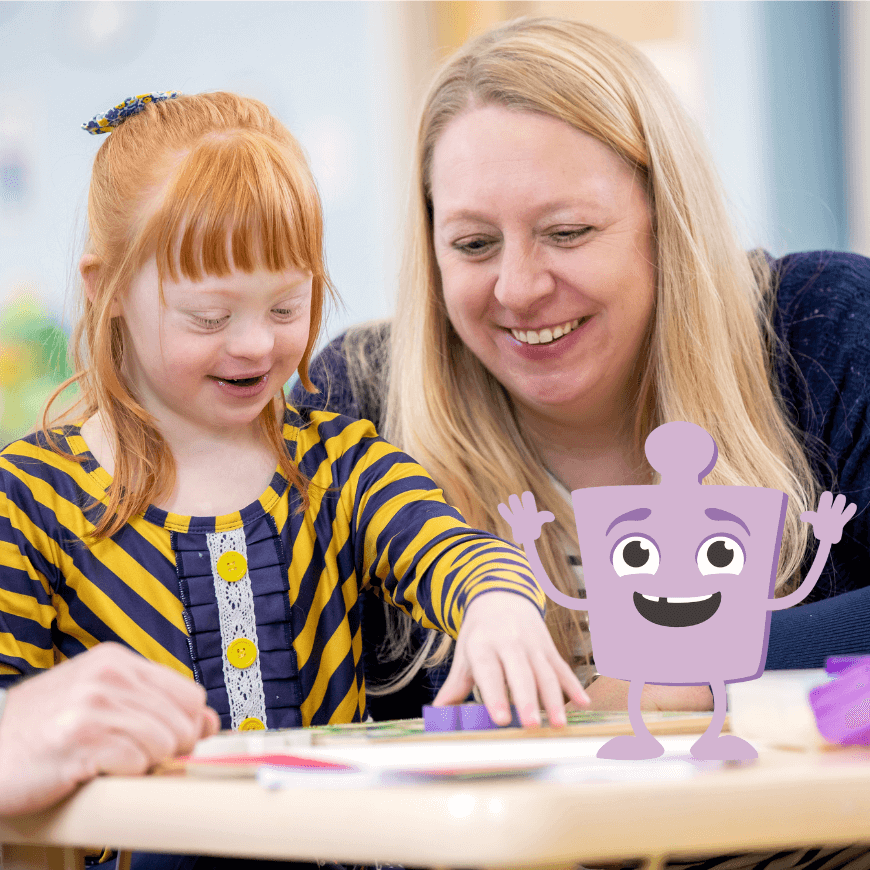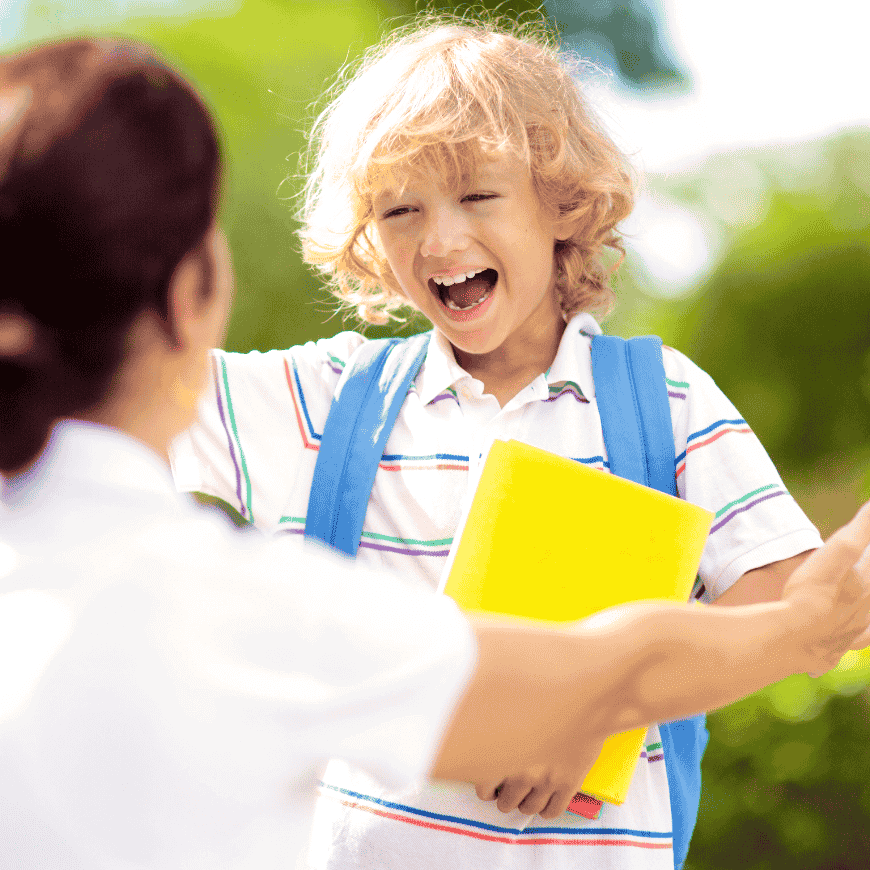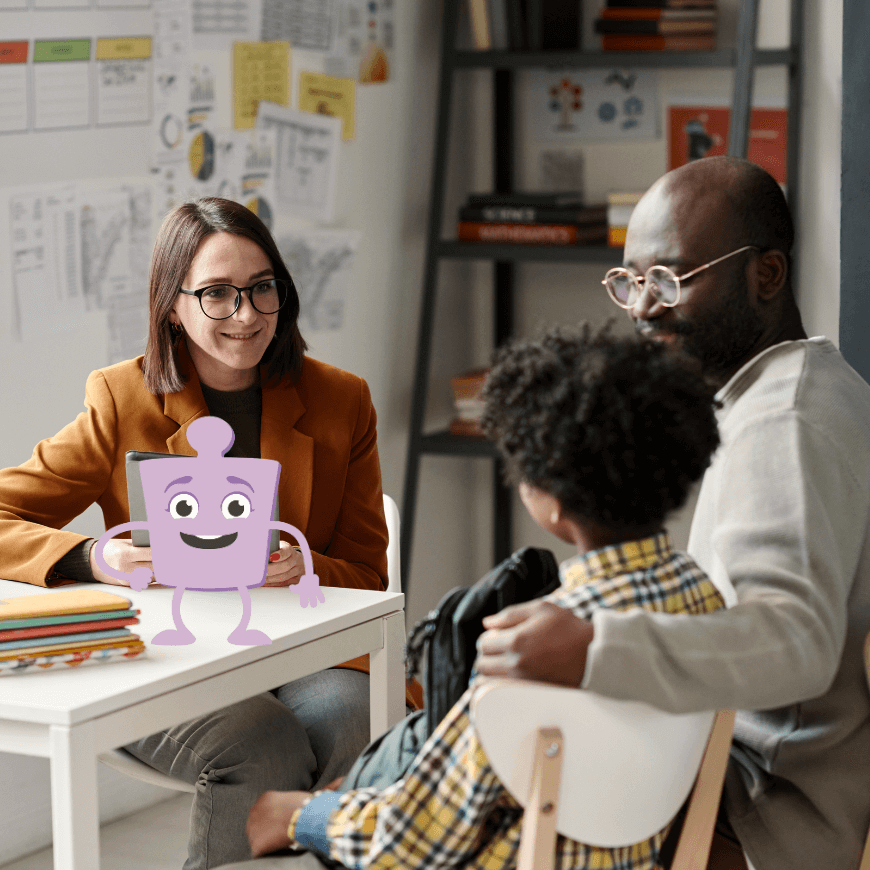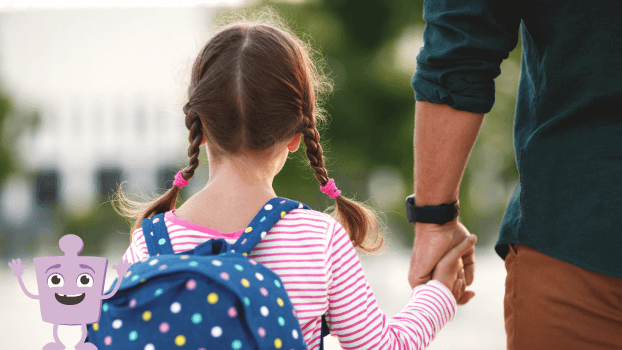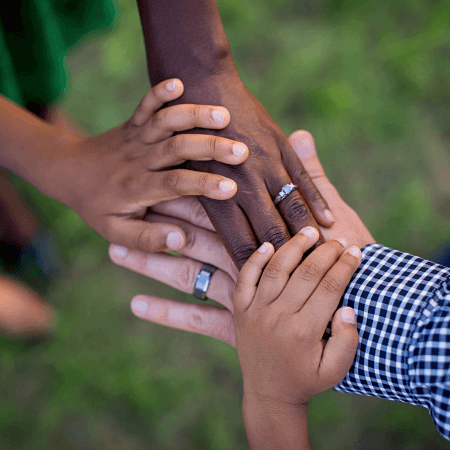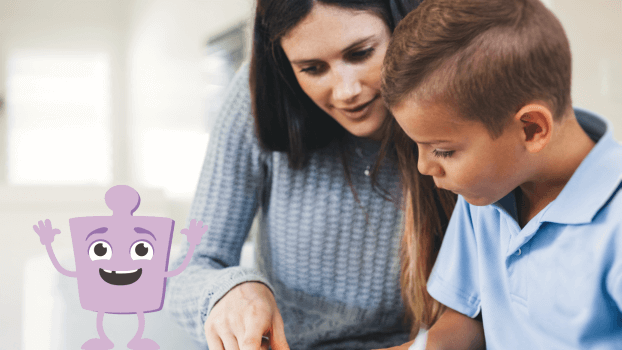Our unique Families programme is designed to extend the personal, social and emotional learning from our Jigsaw PSHE programmes into children’s homes, supporting families to feel more confident, connected and equipped to help their children thrive.
Our unique Families programme is designed to extend the personal, social and emotional learning from our Jigsaw PSHE programmes into children’s homes, supporting families to feel more confident, connected and equipped to help their children thrive.
When children feel secure and understood both at school and at home, they are more ready to learn, grow and succeed. Jigsaw Families helps make that possible.
Children’s emotional wellbeing and resilience are shaped not just in the classroom, but also at home. By supporting families to develop shared language, reflective skills and emotional literacy, we help create a stronger, more consistent foundation for every child.
